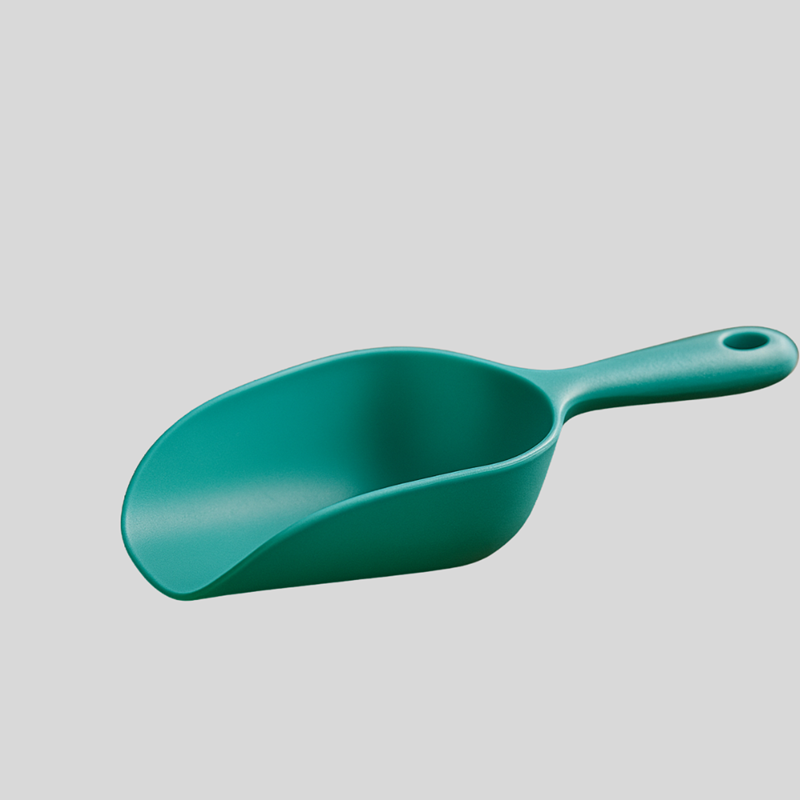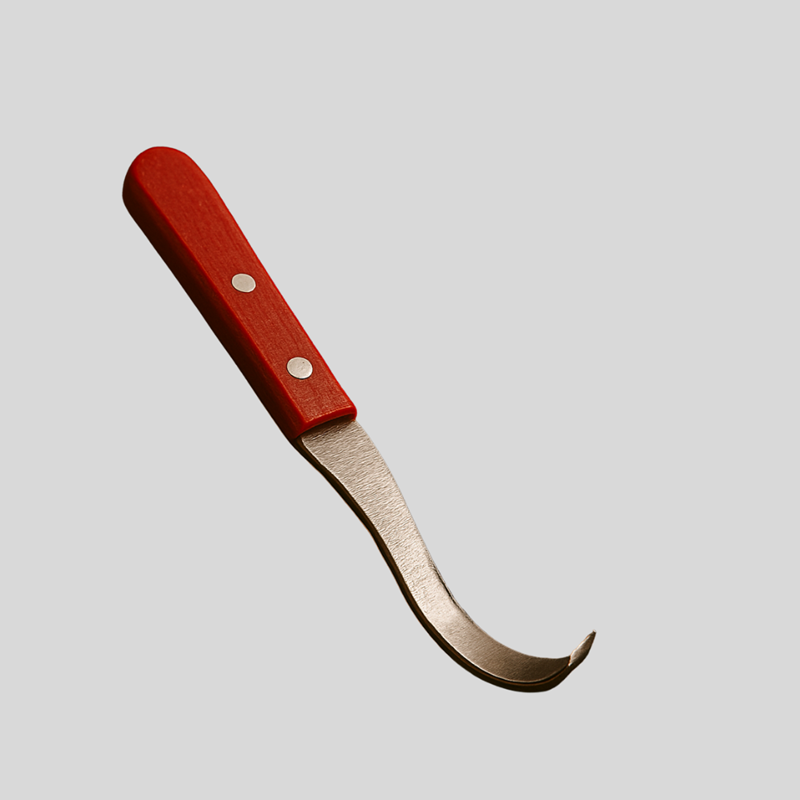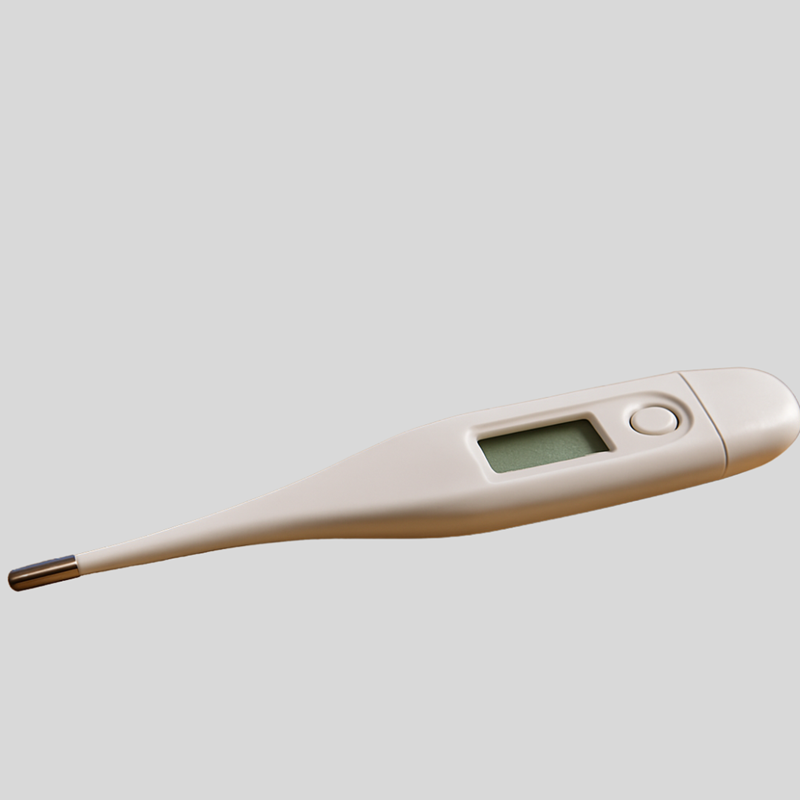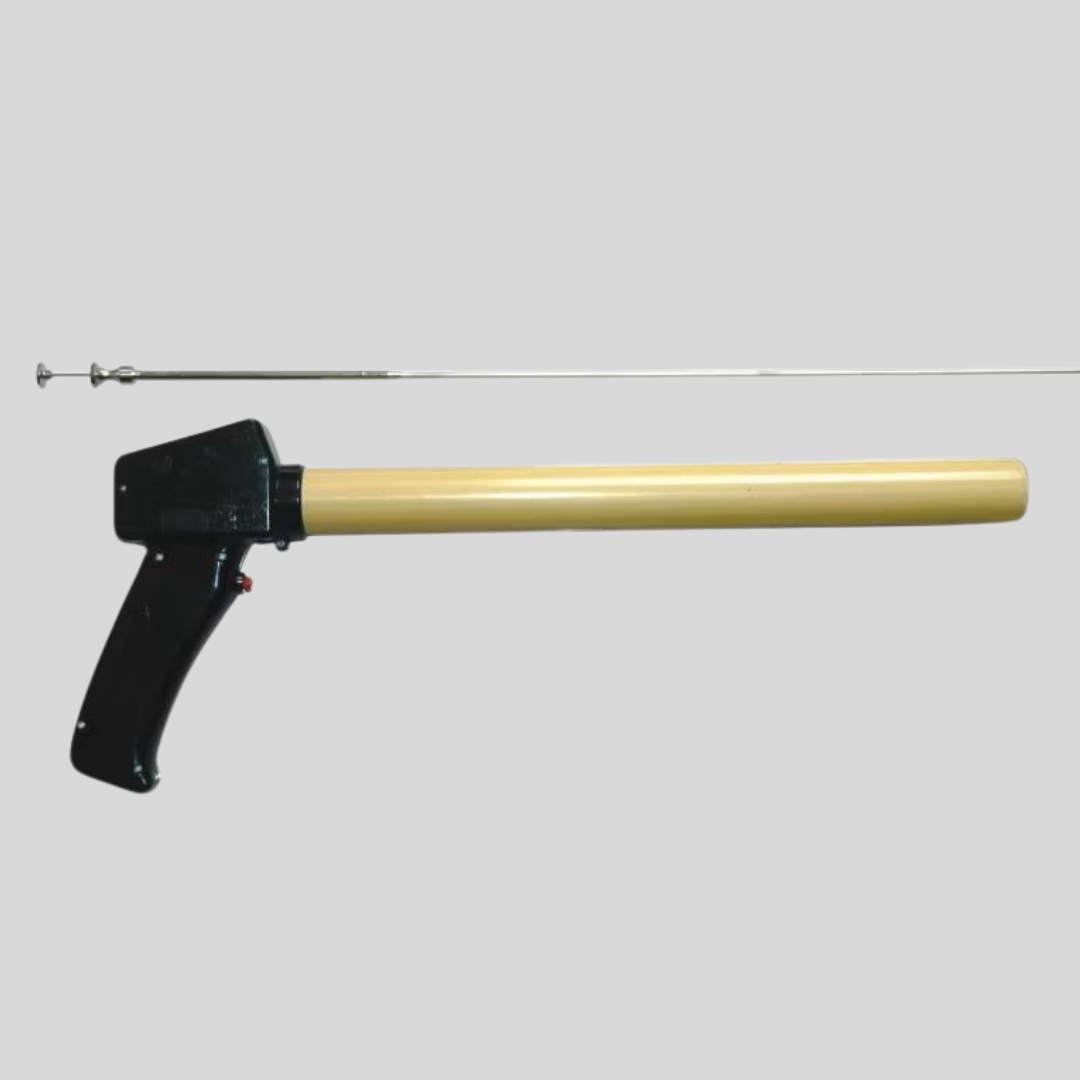Description
A feed scoop is a practical and essential agricultural tool designed for measuring, handling, and distributing animal feed efficiently and hygienically. It is widely used on farms, in stables, and in animal care facilities for feeding livestock such as cattle, horses, pigs, poultry, goats, and sheep. Whether in large-scale operations or small farms, feed scoops play a vital role in maintaining accurate feeding routines and promoting animal health by preventing underfeeding, overfeeding, and feed waste.
Key Features:
Durable Construction: Feed scoops are typically made from high-quality plastic, aluminum, or stainless steel, providing durability, resistance to rust and corrosion, and the strength to handle different types of feed—including grains, pellets, powders, and even moist feed.
Ergonomic Design: Designed for ease of use and comfort, most feed scoops feature a sturdy handle and a deep, contoured bowl that allows for secure grip and efficient scooping. The design minimizes spillage and ensures smooth pouring into troughs, feeders, or bins.
Measurement Markings: Many modern scoops include volume markings on the interior or exterior, allowing for precise feed measurements. This is especially important for portion control and maintaining feeding schedules based on animal type, age, and health needs.
Lightweight and Easy to Handle: Feed scoops are generally lightweight, making them suitable for repetitive daily use without causing fatigue, even when handling large volumes of feed.
Variety of Sizes: Available in various capacities (commonly 1 to 5 liters or more), feed scoops can be selected based on the specific feeding needs of different animals or herd sizes.
Hygienic and Easy to Clean: Most feed scoops are designed with smooth surfaces and non-stick finishes, making them easy to clean and sanitize, thus preventing contamination and the spread of disease.
Common Uses:
Feeding Livestock: Used for scooping and distributing feed to animals such as cows, sheep, goats, pigs, and horses in barns or open pastures.
Poultry Feeding: Ideal for portioning grains, crumbles, or pellets for chickens, ducks, and other birds in coops or feeders.
Mixing Supplements: Farmers use feed scoops to measure and mix nutritional supplements or medicated feed, ensuring animals receive the right dosage.
Filling Feeders or Troughs: Helps in cleanly transferring feed from storage bins or sacks into feeders without waste.
Benefits:
Portion Control: Helps in delivering the correct amount of feed per animal or group, reducing overfeeding or underfeeding and optimizing feed efficiency.
Labor Efficiency: Simplifies and speeds up the feeding process, especially in operations where many animals are fed daily.
Feed Cost Management: By accurately measuring feed, scoops help control feed usage and minimize waste, which contributes to better cost management on the farm.
Enhanced Animal Health: Consistent and correct feeding supports better nutrition, which improves animal health, growth, productivity, and reproduction.
Improved Hygiene: Using dedicated scoops reduces direct contact with feed, preventing contamination and the spread of pathogens.




